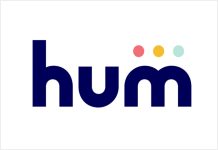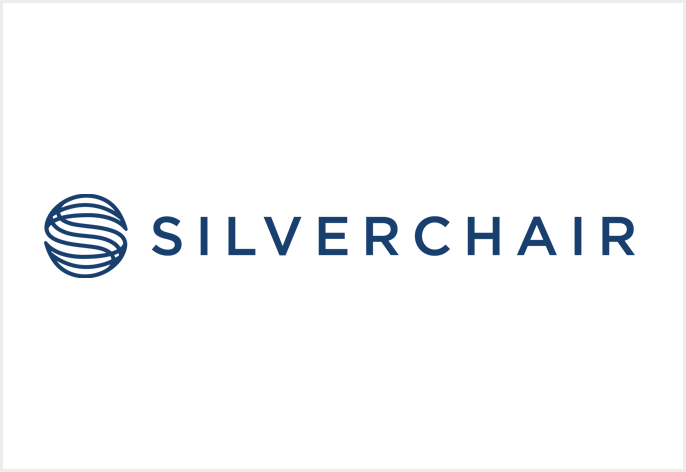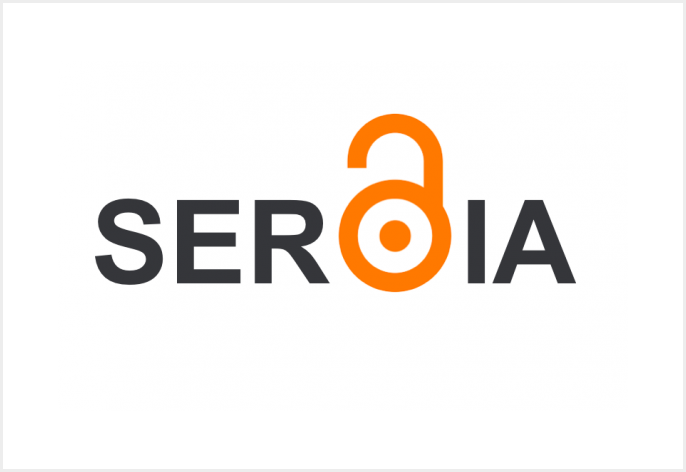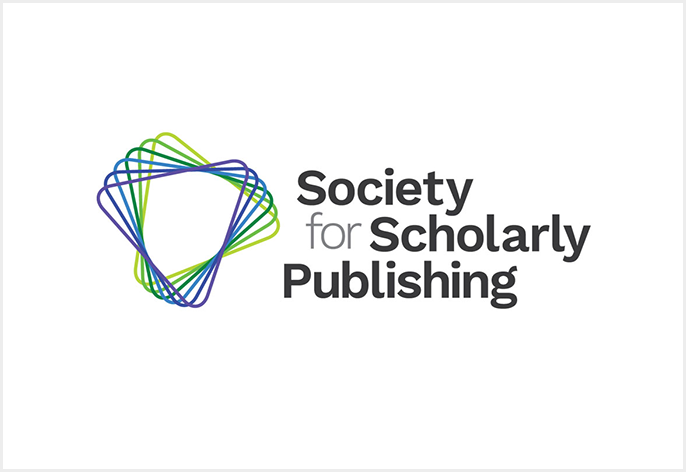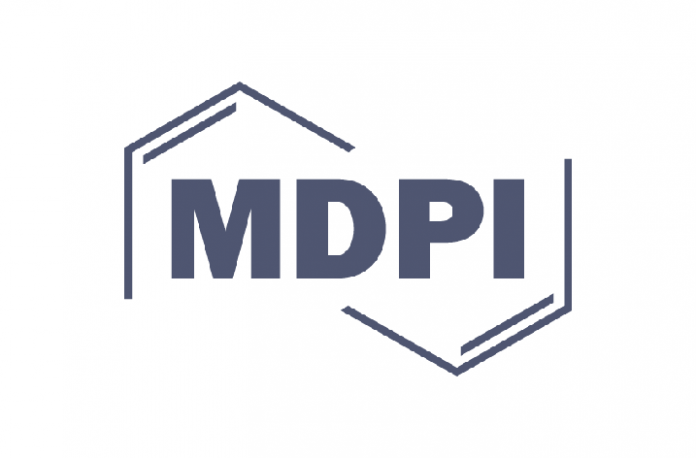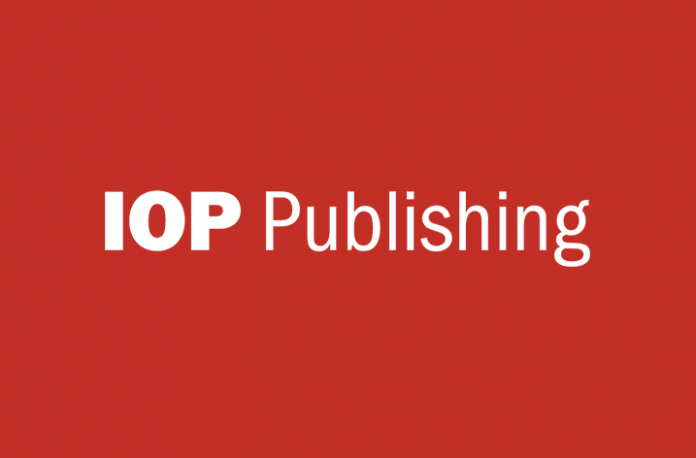Silverchair today announced a partnership with the Publications division of the American Chemical Society (ACS Publications) to develop a new content hosting platform that will deliver ACS’s indispensable chemistry-related resources to the global research community.
ACS Publications is a leader in providing access to chemistry-related information and research through over 85 peer-reviewed journals, as well as digital books, reference materials, and educational tools. The new platform will be home to over 1.9 million journal articles that are accessed over 345 million times each year, as well as nearly 1,000 informational pages about the journals and their editors and editorial boards.
“As a leader and innovator in the world of scientific publishing, we sought a true technology partner to support our mission-critical product infrastructure,” said Atul Pawar, ACS Publications Chief Technology Officer. “Within the landscape of scholarly publishing technology, we found Silverchair to be uniquely capable of offering the scale to support our vast content library and heavy user traffic, as well as the flexibility and partnership as we grow and evolve in the years ahead.”
The platform’s advanced architecture, modular integration capabilities, and service model deliver the core functionality and strong foundation upon which ACS can differentiate their products, while Silverchair’s independence, culture of collaboration, and client-led development combine to make them the ideal choice for this next-generation delivery platform.
“ACS Publications is the global leader not just in the field of chemistry, but also in scholarly publishing,” said Will Schweitzer, Silverchair CEO. “We’re honored and proud to support ACS Publications’ commitment to publish high-quality, impactful research, and that the Silverchair platforms will help ACS Publications fulfill their important mission. ACS joins our growing and diverse client community, and their leadership within scholarly publishing will help us advance our platforms and services to support the future of independent scholarly publishers.”






